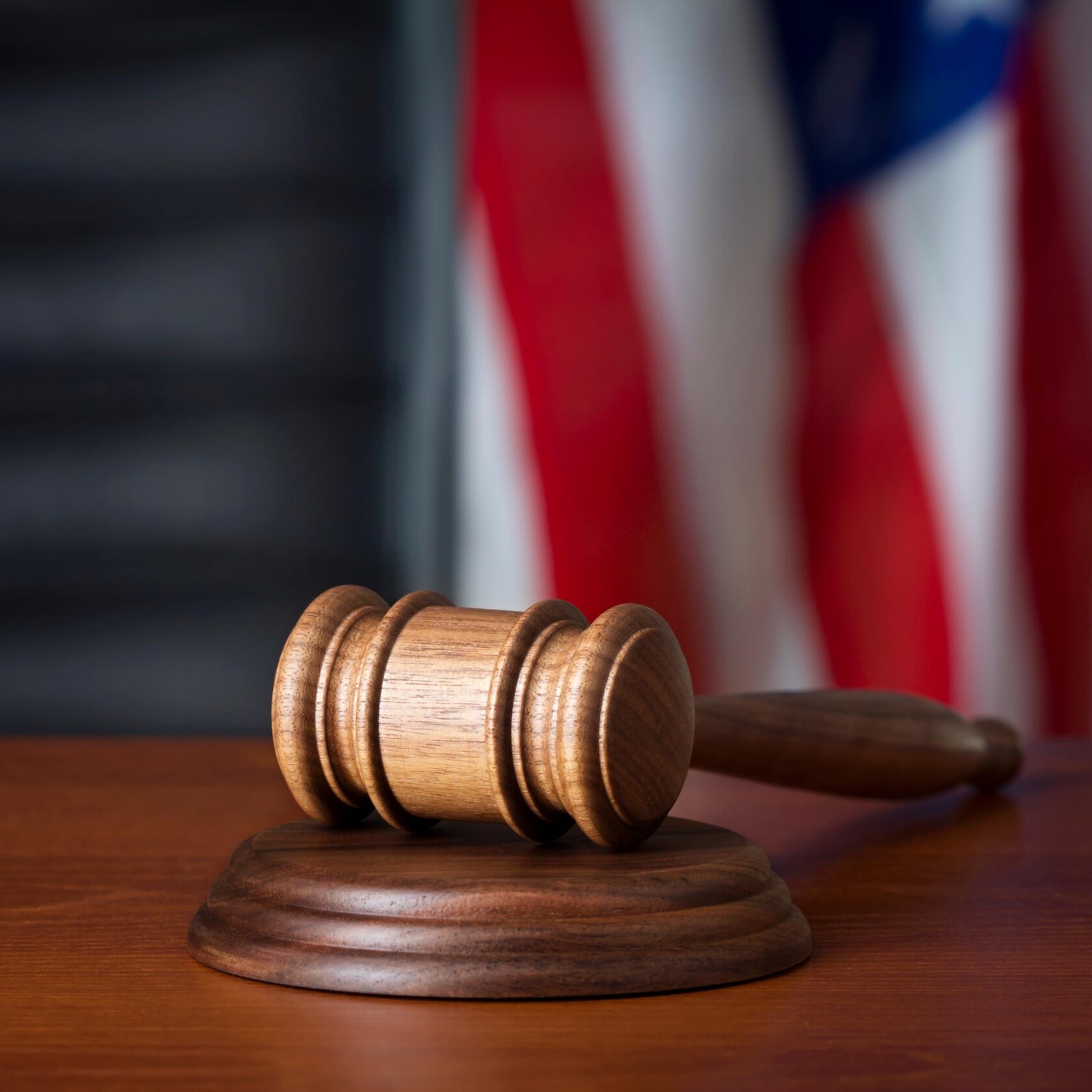
Class action waivers in arbitration agreements exist in a legal gray zone, with the federal appellate courts split on their enforceability. Many employers believe that by forcing employees who sue them to do so only individually, they can avoid the prospect of very large judgements. The Ninth Circuit and Seventh Circuit have held that class action waivers in arbitration agreements violate the National Labor Relations Act (NLRA) and therefore are unenforceable. Three other federal circuit courts (the Fifth, Second, and Eighth) held that such waivers do not violate the NLRA. Not surprisingly, the parties to two lawsuits are currently vying to have this issue resolved by the U.S. Supreme Court. As many readers may know, an appeal to the U.S. Supreme Court is not automatically accepted by the Court.
The newest chapter in this saga began with a Ninth Circuit appeal, in Mohamed v. Uber Technologies, Inc., involving Uber Technologies, Inc.’s (“Uber”) arbitration agreement. Uber’s business model, as we have previously discussed, has been at the heart of multiple lawsuits in the fight over whether drivers should be classified as independent contractors or employees. Since 2013, Uber has required that drivers sign agreements containing an arbitration clause that prohibits drivers from participating in a class or collective action. The arbitration clause, compelling drivers to arbitrate all disputes with the company individually, has been revised several times but mandatory arbitration and a class or collective action waiver survived those revisions. In Mohamed, the Ninth Circuit concluded that the mandatory arbitration provision in Uber’s driver agreements was not unconscionable as written, and that the parties had delegated the decision on arbitrability to the arbitrator. In a footnote, the court explained that an “opt out” provision in Uber’s arbitration clause means that Uber drivers are not required to agree to a class action waiver as a condition of employment, and thus the clause does not violate the NLRA.
Employers, particularly those in the Seventh and Ninth Circuits, face uncertainty regarding the enforceability of class waivers in arbitration agreements. In light of the Mohamed case, a clear opt-out provision may provide a buffer against a determination that such agreements violate the NLRA. Employers should carefully watch to see if the U.S. Supreme Court decides to resolve this issue. In the meantime, employers should consult counsel before adopting or revising an arbitration agreement that contains a class action waiver.
